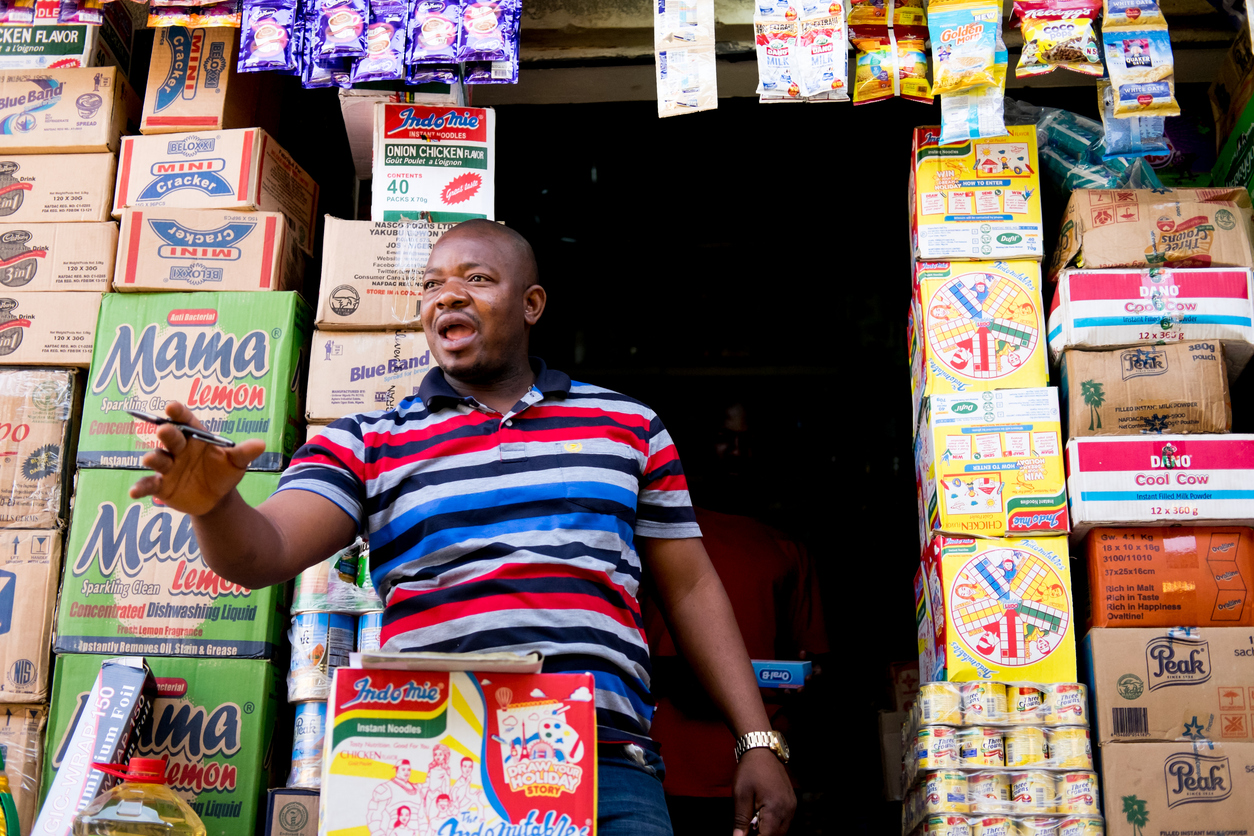How to Start a Wholesale Distribution Business in Nigeria: A Comprehensive Guide
Wholesale Distributor in Nigeria: A Comprehensive Guide
Starting a wholesale distribution business in Nigeria can be a lucrative venture, given the country’s dynamic market and growing consumer demand. As a wholesale distributor, you serve as a crucial link between manufacturers and retailers, ensuring products reach the market efficiently. This article provides a detailed guide on how to start a wholesale business in Nigeria, how wholesalers find suppliers, steps to becoming a distributor, and a clear understanding of what a wholesale distributor is.
What is a Wholesale Distributor?
A wholesale distributor buys products in large quantities from manufacturers or producers and sells them in smaller quantities to retailers or other businesses. The main functions of a wholesale distributor include:
- Purchasing: Buying products in bulk to benefit from lower prices.
- Storage: Warehousing products to maintain inventory levels.
- Distribution: Delivering products to various retailers or businesses.
- Marketing: Promoting products to potential buyers.
How to Start a Wholesale Business in Nigeria
Starting a wholesale business involves several steps, including planning, registration, and operational setup. Here’s a step-by-step guide:
- Conduct Market Research: Understand the demand for specific products, identify potential competitors, and analyze the market trends to determine the most profitable products to distribute.
- Create a Business Plan: Develop a comprehensive business plan outlining your business goals, target market, product range, pricing strategy, and financial projections.
- Register Your Business: Register your business with the Corporate Affairs Commission (CAC) in Nigeria. Obtain necessary licenses and permits required for your specific industry.
- Secure Financing: Determine your startup costs and secure financing through personal savings, bank loans, or investors.
- Find a Suitable Location: Choose a strategic location for your warehouse and office. Consider factors such as proximity to suppliers and customers, transportation access, and storage space.
- Set Up Operations: Purchase necessary equipment, hire staff, and set up an efficient inventory management system. Establish relationships with reliable logistics companies for product distribution.
- Build Supplier Relationships: Establish connections with manufacturers and negotiate terms for purchasing products in bulk.
How Do Wholesalers Find Suppliers?
Finding reliable suppliers is critical to the success of a wholesale business. Here are some ways wholesalers can find suppliers:
- Industry Trade Shows: Attend trade shows and exhibitions to meet potential suppliers and see their products firsthand.
- Online Directories: Use online directories such as Alibaba, Global Sources, and Made-in-China to find manufacturers and suppliers.
- Networking: Leverage industry contacts and professional networks to get referrals and recommendations for reputable suppliers.
- Manufacturer Websites: Visit the websites of manufacturers directly to inquire about wholesale opportunities and distributor partnerships.
- Trade Associations: Join trade associations related to your industry to access resources and connect with potential suppliers.
How Can I Become a Distributor in Nigeria?
Becoming a distributor involves several steps, including identifying the right products, meeting supplier requirements, and setting up distribution channels. Here’s how you can become a distributor in Nigeria:
- Identify Your Niche: Determine the type of products you want to distribute based on market demand and your interests.
- Research Potential Suppliers: Identify manufacturers or suppliers of the chosen products and understand their distribution requirements.
- Meet Supplier Requirements: Fulfill any criteria set by the supplier, such as minimum order quantities, financial stability, and distribution capabilities.
- Negotiate Terms: Discuss and agree on terms of partnership, including pricing, payment terms, delivery schedules, and marketing support.
- Sign a Distribution Agreement: Enter into a formal agreement with the supplier outlining the terms and conditions of the distribution partnership.
- Set Up Distribution Channels: Establish an effective distribution network to reach your target market, including warehousing, logistics, and sales strategies.
Conclusion
Becoming a wholesale distributor in Nigeria offers significant opportunities for growth and profitability. By understanding the steps involved in starting a wholesale business, finding reliable suppliers, and becoming a distributor, you can establish a successful distribution operation. At Wigmore Trading, we support aspiring wholesalers and distributors by providing expert advice, reliable supply chains, and comprehensive logistical solutions. Contact us today to learn how we can help you succeed in the Nigerian market.
For more information and resources on starting and running a wholesale distribution business, visit our website at WigmoreWholesale.com. Let us be your trusted partner in navigating the dynamic and rewarding world of wholesale distribution in Nigeria.








Comments are closed.